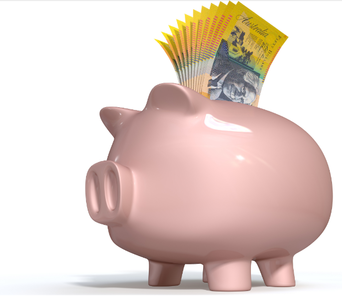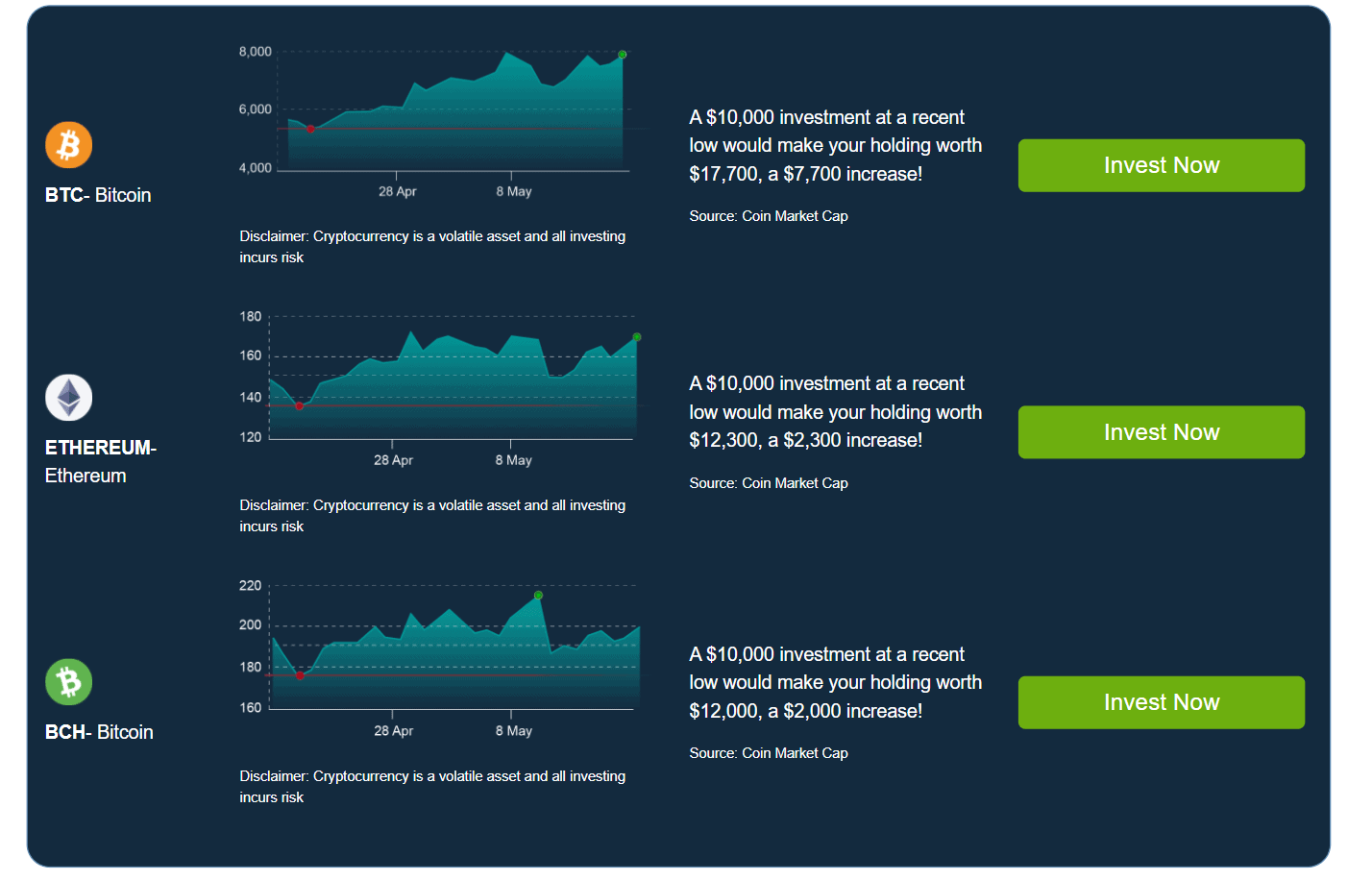After experiencing their weakest week in the last two years, Australian shares are struggling to find market traction. Generally, the mining and energy sectors offset advances in banks, while automobile software business Infomedia surged after receiving a third takeover offer. In its sixth consecutive session of declines, the benchmark fell 1.8% on Friday.
Additionally, the ASX 200 had its lowest week ever last week, dropping 41 points, equivalent to 0.6%, to 6,433. Such a political economy has also resulted in the mining stocks dropping by roughly 5.1% after baseline iron ore prices declined on Friday as Chinese steel mills decided to cut back on production due to declining demand and bad profits.
Following the dropping of oil prices on China lockdown and on Friday, there are new concerns that interest rate increases by major central banks would reduce energy demand. This is after energy stocks sank 3.1% to rank as the main index’s most significant underperformers. Market heavyweights such as Woodside Energy and Santos each experienced a decline of 4.1%. In contrast, Rio Tinto, B.H.P. Group, and Fortescue experienced declines of 2.5% to 3.4%, with Fortescue reaching its lowest level since March 17.
Inflation effects in the market
Investors are worried that tighter monetary policies brought about by inflation-fighting financial institutions could push the global economy into a recession as stock markets ended their worst weekly decline ever since the Covid pandemic struck the industry.
Following a nine-session falling trend, financials increased at a a1.5% rate, with the “Big Four” banks closing in the green. The largest lender in the nation, Commonwealth Bank of Australia, topped gains with a 1.9% increase, followed by Westpac’s 1.3% increase.
After receiving a buyout offer of A$638.8 million (S$616.6 million) from US-based software business Solera Holdings, Infomedia, one of the individual stocks, soared 9.1% and was on track for its best day since May 16.
In response to the struggle for momentum, the Australian central bank swiftly moved in terms of risk price and yields. This is because the markets were constantly continuing to adjust, inclining towards the prospect of increasing global rates.
In support of banking and energy stocks, the Australian stocks ended a seven-session losing run to settle higher on Tuesday as traders overcame their concerns about a potential recession in response to the central bank’s suggestion of a less aggressive strategy to tighten monetary policy.
After recording its longest losing run since the Covid onset, the S&P/ASX 200 index closed 1.41 percent higher at 6,523.80. Governor of the Reserve Bank of Australia Philip Lowe downplayed the likelihood of a rate increase of a whopping 75 basis points and disputed market predictions that rates may reach 4 percent by year’s end.
Also, the global upswing has been halted by inflation. This is according to the Bank of America economists in a letter to clients. They also predicted that next year’s rate hikes by the Fed would increase the likelihood of a recession in the U.S. by 40% and also in other countries.
Therefore, given the one-sided policy momentum of the world’s central banks, markets may be continuously adjusting to the prospect of increasing global policy rates.
Will this environment continue, or is there a sign of recovery?
Even though a Wall Street rally faltered overnight, Australian stocks are projected to open higher on Thursday. Gains for domestic miners and energy sectors are anticipated to be limited by a drop in commodities prices. The domestic stock price index futures have increased by 0.4%, which is 96.5 points less than the closing price of the underlying S&P/ASX 200 index. On Wednesday, the benchmark lost 0.23 percent of its value. By 2224 GMT, the benchmark S&P/NZX 50 index for New Zealand increased 0.4 percent to 10719.4 points.
As investors came back after a long weekend break and purchased shares in energy companies hammered last week by global economic concerns, Wall Street’s major indexes rose overnight.
Local investors further reduced their concerns about a recession after Reserve Bank of Australia Governor Philip Lowe on Tuesday downplayed the likelihood of a huge 75 percentage point rate increase.
In summary, this is a positive indicator as the country strives to pull itself out of the struggling momentum
Originally posted 2022-06-30 19:26:14.




